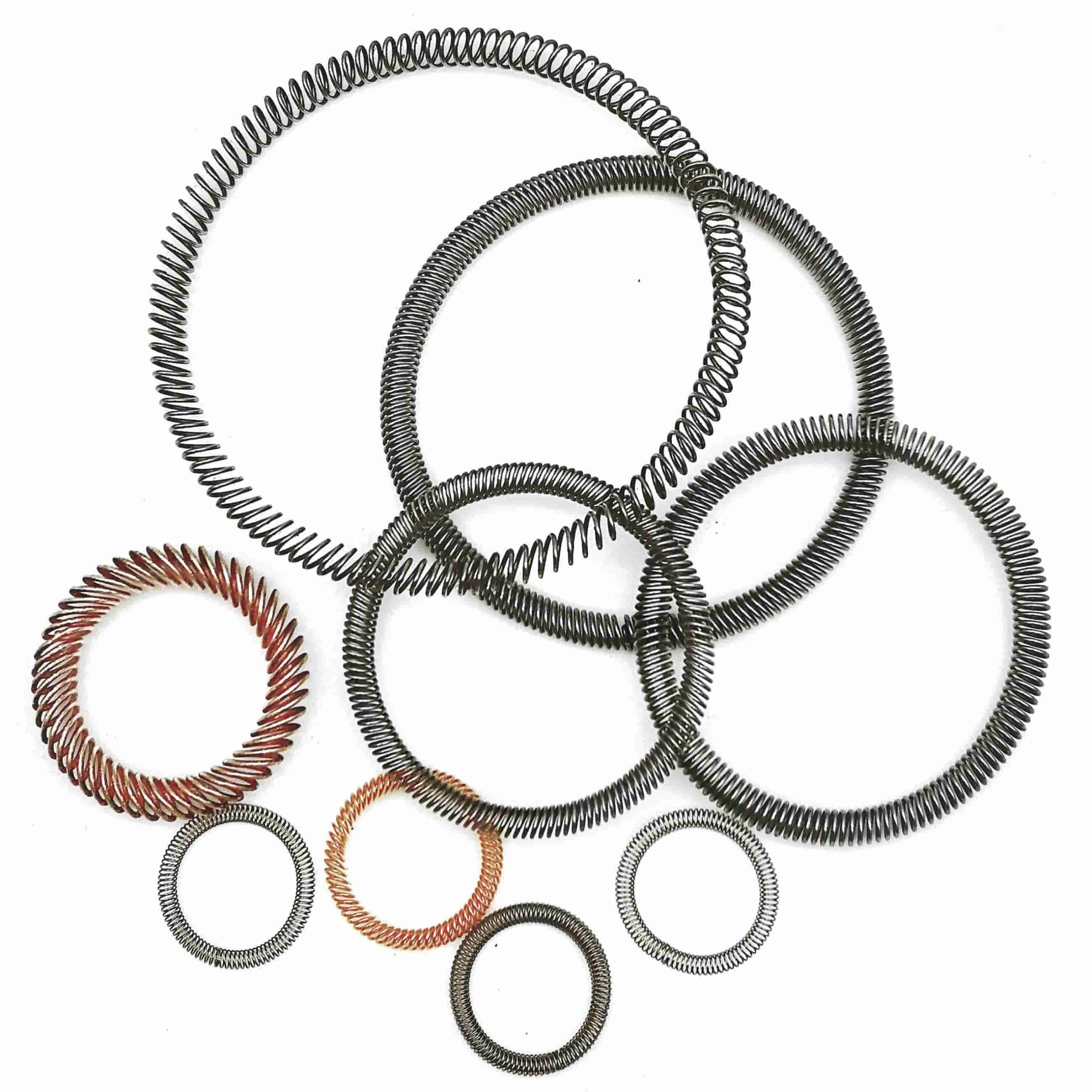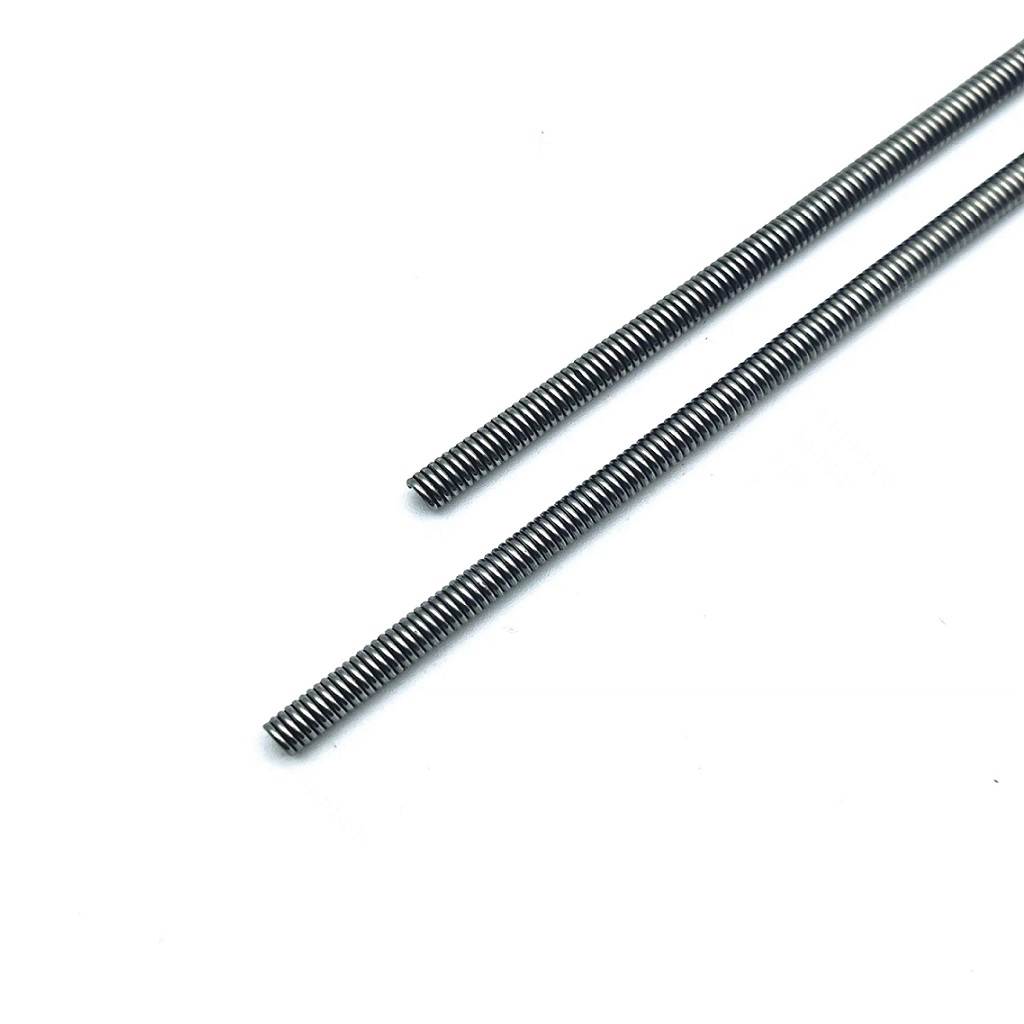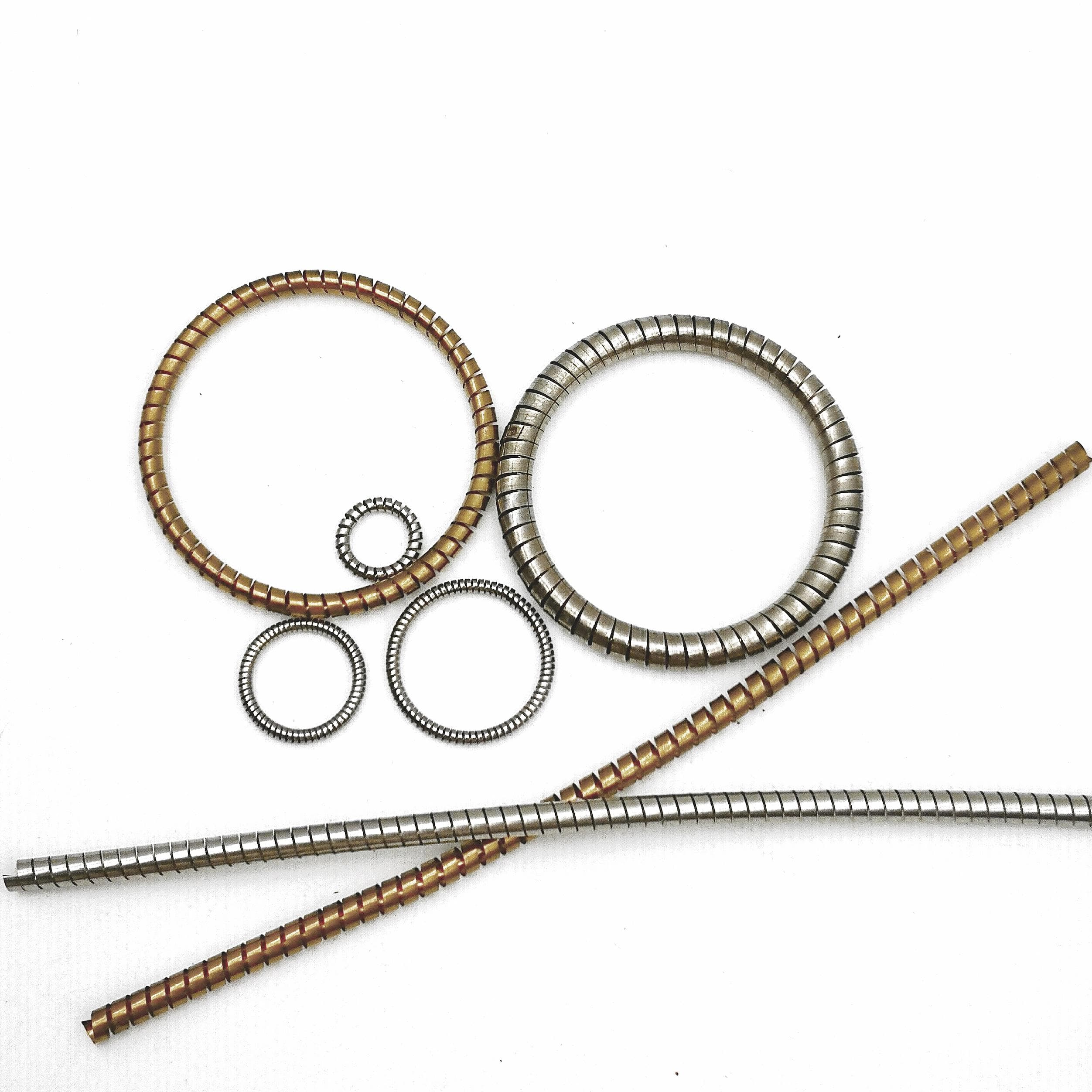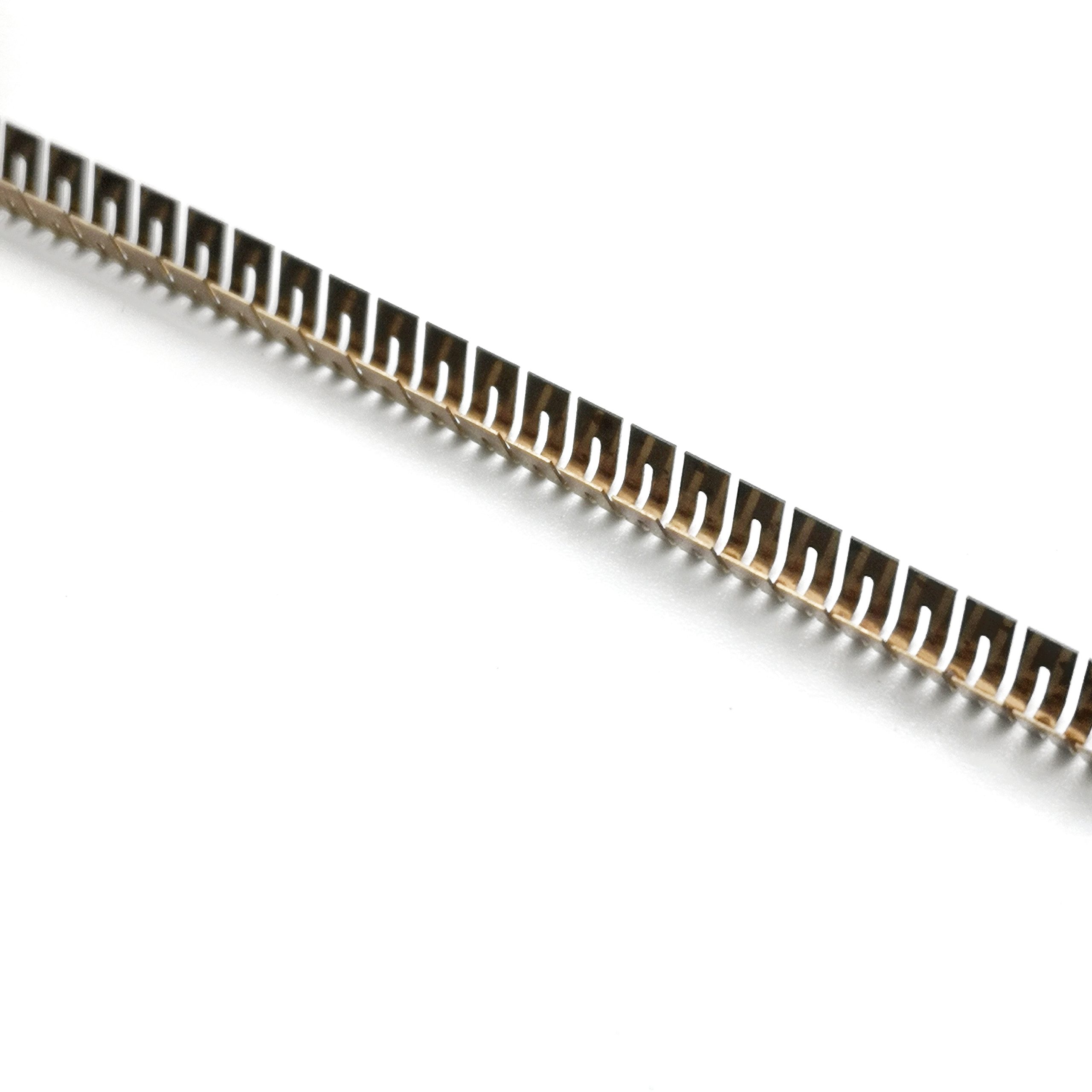- Do you need help? Here Us:
- +86 13169905499
- sunny@handaseal.com
- Wechat:13169905499
Work Time
MON - SAT
Daily: :08:00 - 18:00
Address
Changchong Industrial Park,
Chenzhou, Hunan, China(423000))
 中文 (中国)
中文 (中国)  English
English 



